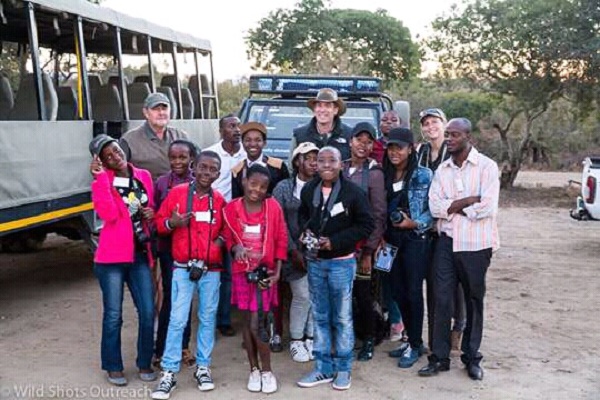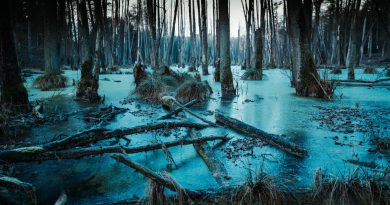Madiba Youth Organisation urges Youth to help conserve Environment
Reporter: Hlayisani Delisiwe Siwelani, Senior Journalist, South Africa
South Africa- Friday 03, 2017 was at U.N. World Wildlife Day, which aims to celebrate and raise awareness of the world’s wild animals and plants. This year’s theme is “Listen to the Young Voices,” but Madiba Youth Organisation warns that future generations may never see many of the species around today because they are on the brink of extinction, mostly because of human activity.
Since 2008 poachers have killed at least 5,940 African rhinos. Rhino poaching is currently at a crisis point. By the end of 2015, the number of African rhinos killed by poachers had increased for the sixth year in a row with at least 1,338 rhinos killed by poachers across Africa in 2015, said Adam Sibuyi, Founder and MD of the Madiba Youth Organisation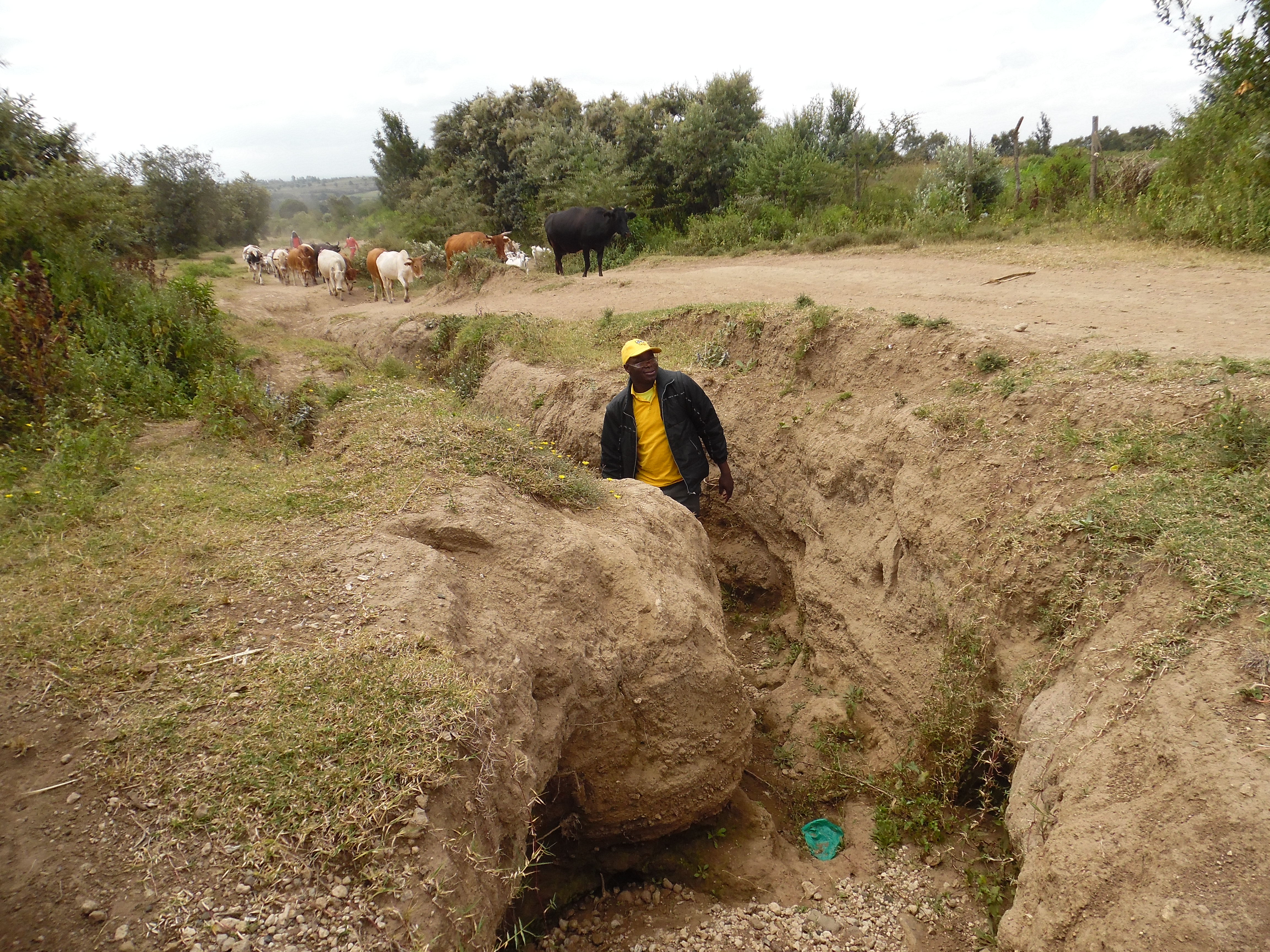
“If this continues, by 2020 the planet will lose two-thirds of its wildlife species. This can only be reversed if we intensify our actions and investments which support wildlife conservation in the long run,” he warned, speaking on World Wildlife Day.
He said that human activities and the accompanying use of non-renewable natural resources have grown so dramatically that since the mid-20th century, environmental conditions that fostered our development and growth are beginning to deteriorate.
“It is high time to understand the scale of human impact on the vanishing population of wild species and develop a robust mechanism to address this issue,” Sibuyi emphasized.
The theme for 2017 is ‘Listen to the youn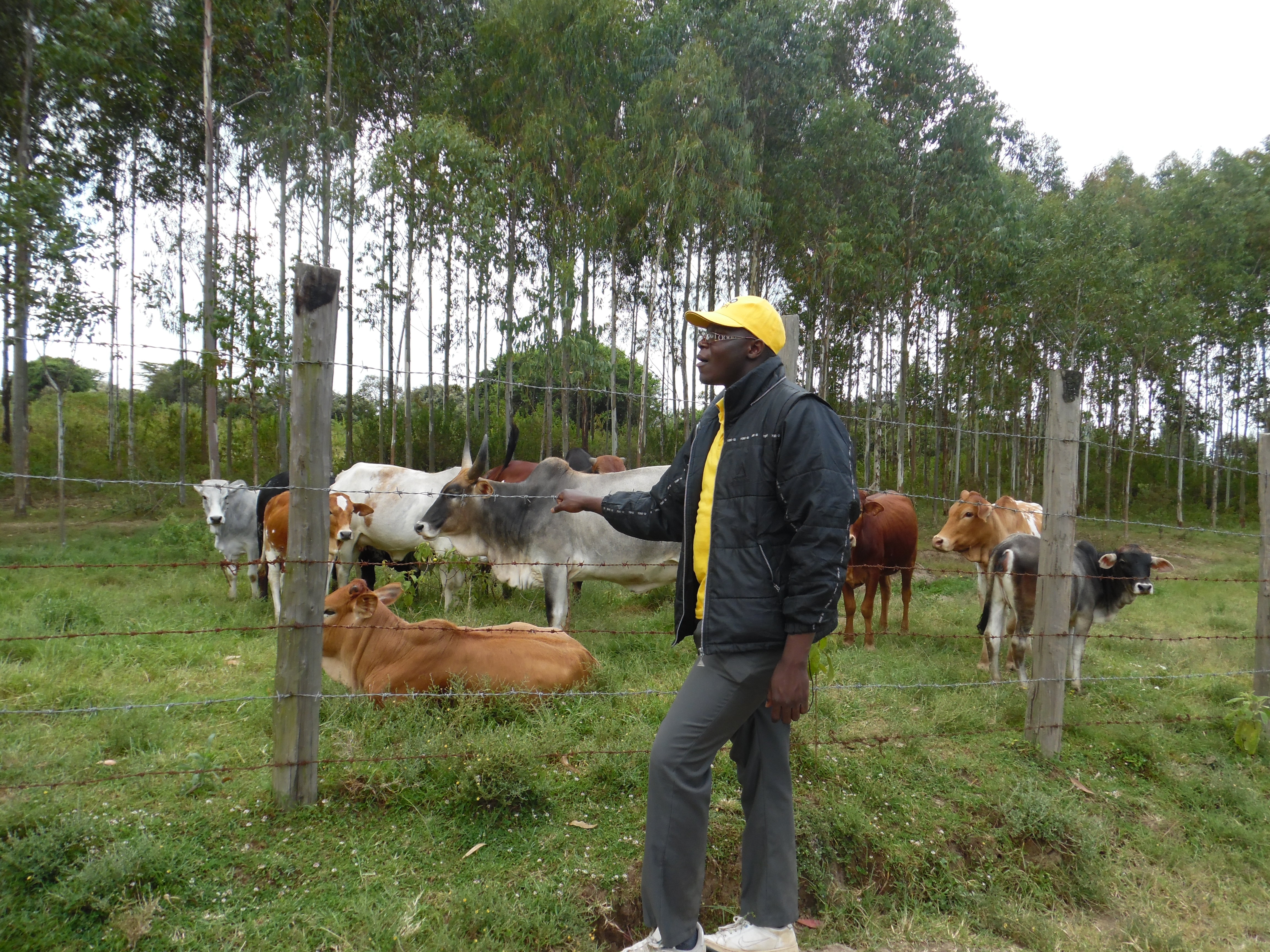 g voices’, which highlights the vital role of youth in tackling conservation issues. It also provides an opportunity to engage and empower the youth who can make a significant contribution towards species conservation in the country.
g voices’, which highlights the vital role of youth in tackling conservation issues. It also provides an opportunity to engage and empower the youth who can make a significant contribution towards species conservation in the country.
In this regard, Madiba Youth Organisation, under its School Outreach Program and Youth Development Program, will engage more than 5,000 students across country. The programs focus mainly on creating more mature and environmentally conscious students and future generation.
“Habitat loss, environmental degradation, illegal trade and climate change are among the most alarming challenges faced by wildlife in South Africa,” said Madiba Youth Organisation Project Manager, Musa Mnisi.
He also shared that currently Madiba Youth Organisation is making efforts to restore and conserve endangered wildlife species, particularly Rhinos, Elephants, and Lions, which are on the verge of extinction.
The decline in species’ populations is also inextricably linked to the state of ecosystems that sustain them. Destruction of these ecosystems represents a risk, not just to resident plants and wildlife, but to humans as well.
He elaborated that as the youth are the future custodians of wildlife, they must develop their interest and take steps for protection of wild species for the revival of diverse ecosystems across the country.
Engaging and empowering the youth is the call of the 2017 UN World Wildlife Day. WWD2017 gives us a new opportunity to provide incentives to the youth to tackle conservation issues. It is also an opportunity for them to engage with one another and together forge an inspired path to a better world.
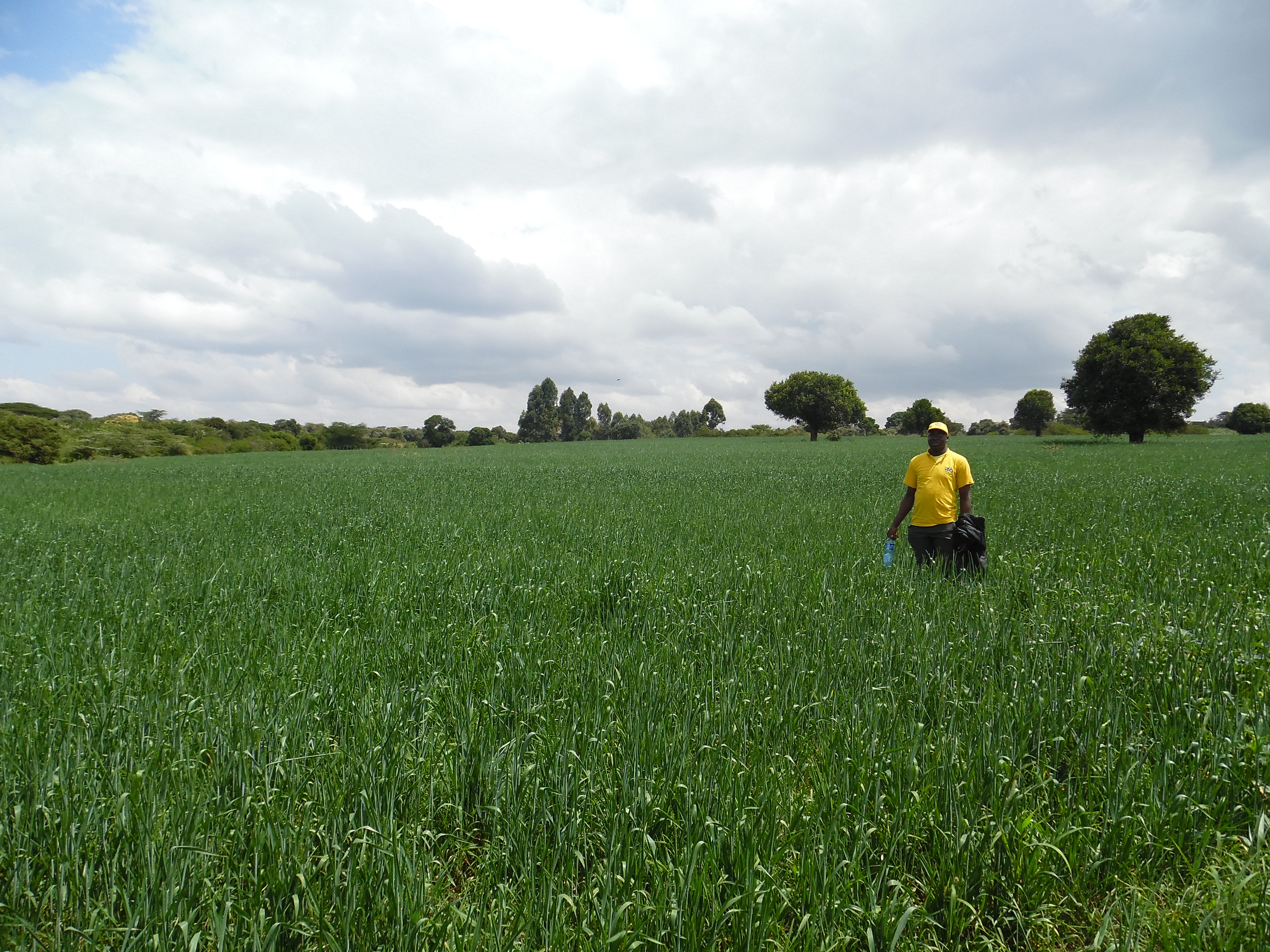
“Habitat loss, climate change and poaching are among the most alarming challenges faced by wildlife today. Poaching and trafficking of wildlife is now the most immediate threat to many species, whether charismatic or less known. The fate of the world’s wildlife will soon be in the hands of the next generation. The pressing need for enhanced action to ensure the survival of wildlife in its natural habitats must be imparted from generation to generation, and the youth should have the opportunity to communicate the conservation goals to a wider society. “added Mnisi
Sibuyi concluded by saying that “We need to look at ourselves. The wildlife needs us. The forest needs us. The wildlife rangers and the foresters need us to help them protect our heritage and make them proud that they are helping save our wildlife and natural world.
We need to internalize the environment, be it the forests, the wildlife or our seas. Our environment needs heroes. It needs individuals like you who are reading this to care. It needs individual and collective physical action”.

